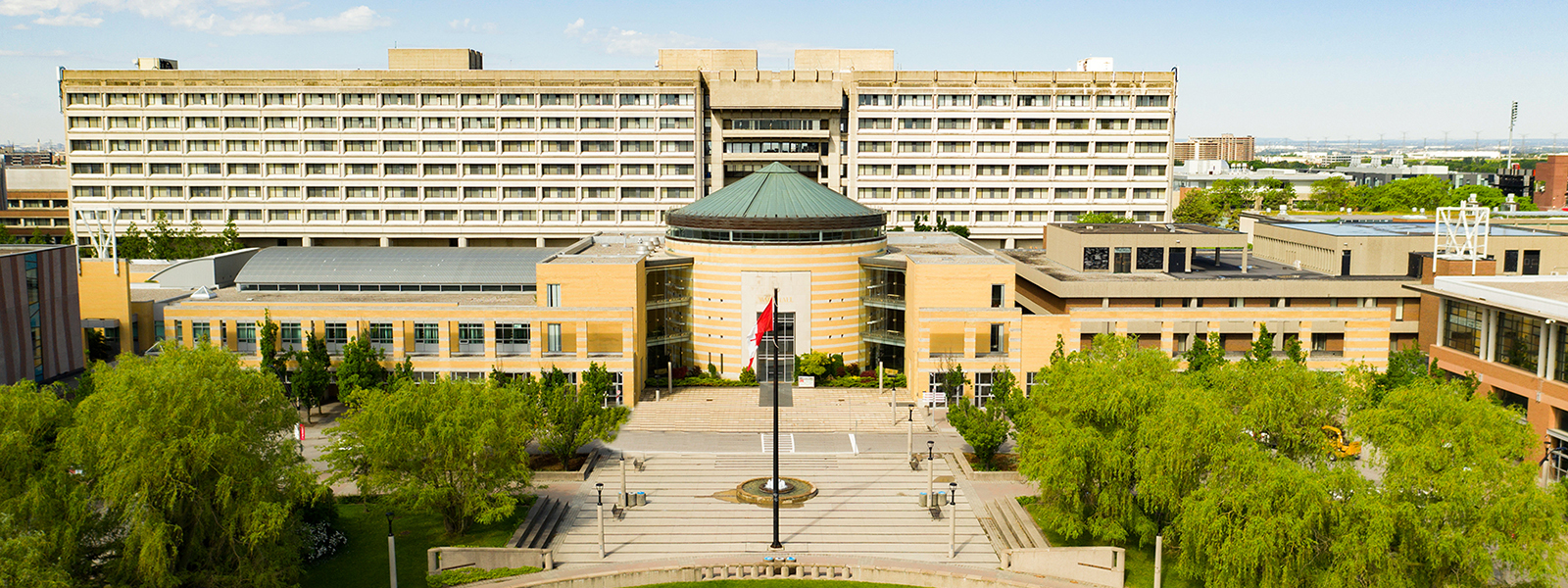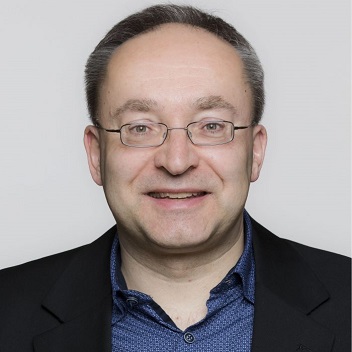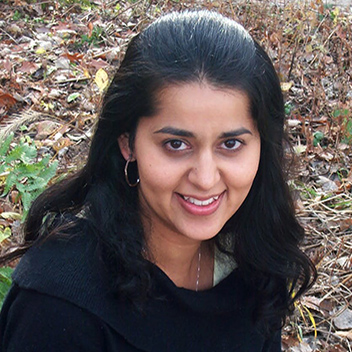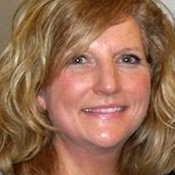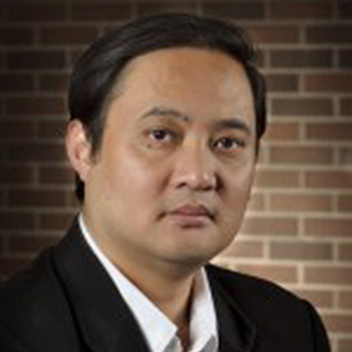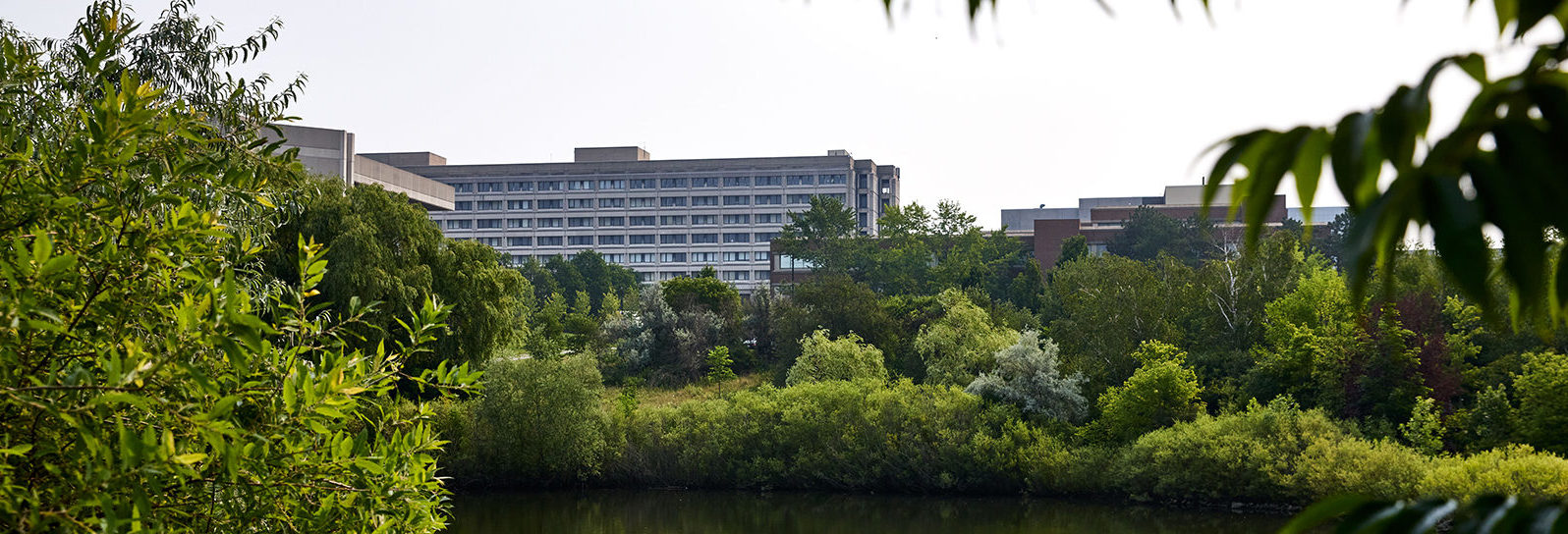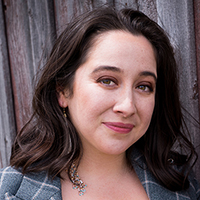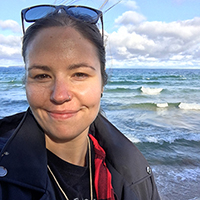The future of higher education is blended and will enable learning anytime, anywhere. Hyflex is an emerging model that will help York University continue along a path towards equity and access for students regardless of their location.
By Elaine Smith, special contributor
As Canada begins to look beyond the pandemic, educators have been pondering what shape education will take at universities. One option is a hyflex model of course delivery, which is being tested in a pilot program at York University this fall. Hyflex courses combine in-class and online instruction delivered concurrently, says Peter Wolf, a consultant working on the project with Professor Will Gage, associate vice-president (AVP) of teaching and learning.
“We are considering the long term,” said Wolf. “We can’t replace all our classrooms to ensure that they are equipped for hyflex delivery, so we want to identify for whom, how and when this approach works best.”
Gage strongly believes that “the future of higher education is blended and will enable learning anytime, anywhere. Hyflex is an emerging model that will help us continue along a path towards equity and access for students regardless of their location,” he said.
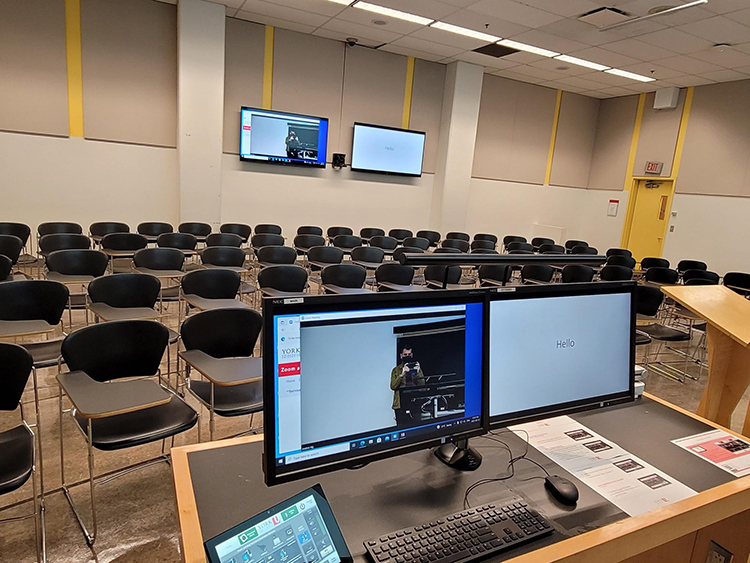
“All universities are looking at it, but it is perfectly aligned with York’s ethos of access, equality, inclusion and social justice. It is well aligned with where our university is continuing to go.”
There are currently 31 classrooms on the Keele Campus and 15 on the Glendon Campus that are retrofitted – with more to come – to allow remote students to seamlessly participate in courses delivered on campus. The technology installed in the classrooms ensures the two-way engagement of participants.
The pilot, which is focusing on a subset of those locations, has welcomed instructors who are scheduled to teach in those classrooms to take part and 15 of them from a variety of disciplines have signed on. They recently underwent a hyflex training session led by Aladin Alaily, director of client support services for University Information Technology (UIT), to familiarize them with the technology and the opportunities provided by this mode of course delivery.
The pilot, said Wolf, is “intended to make this mode of delivery viable and sustainable for ongoing use.” It will also provide the hyflex team, which includes Frankie Billingsley, associate registrar and director, student records and scheduling for the Office of the University Registrar; Karthiga Gowrishanger, program director, teaching and learning strategic initiatives, Office of the AVP Teaching and Learning; and Patrick Thibaudeau, director, IT innovation and academic technologies, UIT, with the opportunity to investigate hyflex course delivery in a scholarly manner to disseminate lessons learned about classroom technologies, digital technologies and educational strategies.
Given the complexities in the start of the fall semester due to the pandemic, there was no time to match technologically equipped classrooms to the 200 instructors who expressed interest in hyflex delivery, although that is something the team will work to make possible after the pilot. Nor did the students in these classrooms explicitly register for a hyflex class; they could choose to participate remotely as an option or continue to attend the in-person class as they would any other. In the future, it should be possible to promote hyflex courses in advance.
“Our intention is to identify where concurrent delivery can work in the educational setting,” said Wolf. “This is not designed to be a pandemic response; it is about finding educational value in providing equitable, concurrent experiences for the students.
“For example, it can also allow classes to engage in globally networked learning more easily, teaming up with similar classes abroad on projects, or to have guest lecturers from elsewhere participate online.”
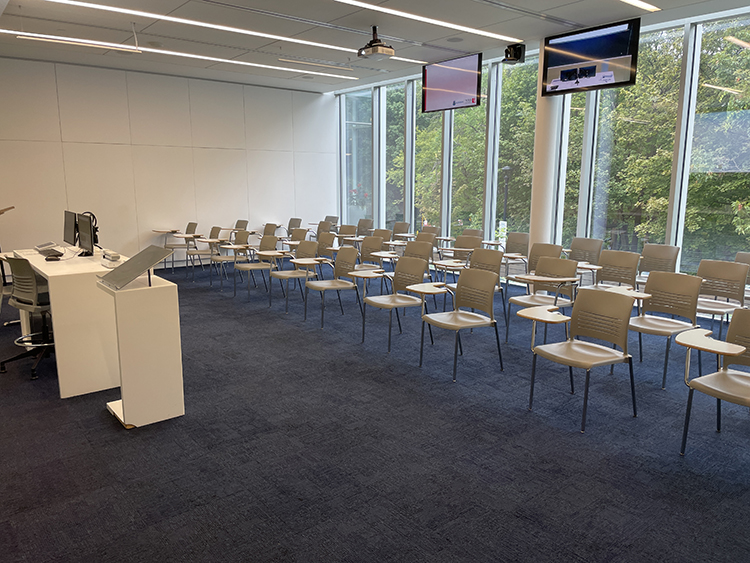
Nonetheless, the pandemic has illustrated the value of flexible modes of course delivery, as Neil Orlowsky, PhD, realized. Orlowsky, a practicum facilitator seconded to the Faculty of Education from the York Region District School Board, will be using hyflex technology for his course, Teaching Family Studies in the Intermediate-Senior Divisions.
“To be honest, I signed up for the program for two reasons,” Orlowsky said. “The first is being led and driven by the uncertainly of teaching during a pandemic and how we can ensure our safety, as well as the students’ safety. This was coupled with the fact that our students are now global, meaning that given the pandemic, some have opted to continue schooling from home, which is either in Canada or abroad. The second reason was my passion for technology and a drive to keep up with how the world is changing, how technology is shifting the way we educate and the role of technology in accessibility.”
Wolf notes that hyflex learning won’t immediately become ubiquitous because it is not viable nor desirable to equip all classrooms with the infrastructure. However, the pilot will help illustrate how to make it more accessible for a larger number of classes. He and the team also surveyed the faculty involved prior to the start of the semester and will do so again once their courses conclude to learn as much as they can about the experience in order to improve it. Faculty will also provide biweekly feedback and meet with the team halfway through the pilot. In turn, the team will offer tips and suggestions for improving the class experience.
“Our ultimate goal,” said Gage, “is to create equivalent experiences for students regardless of their learning location and provide them with more opportunities to engage with their education.”



